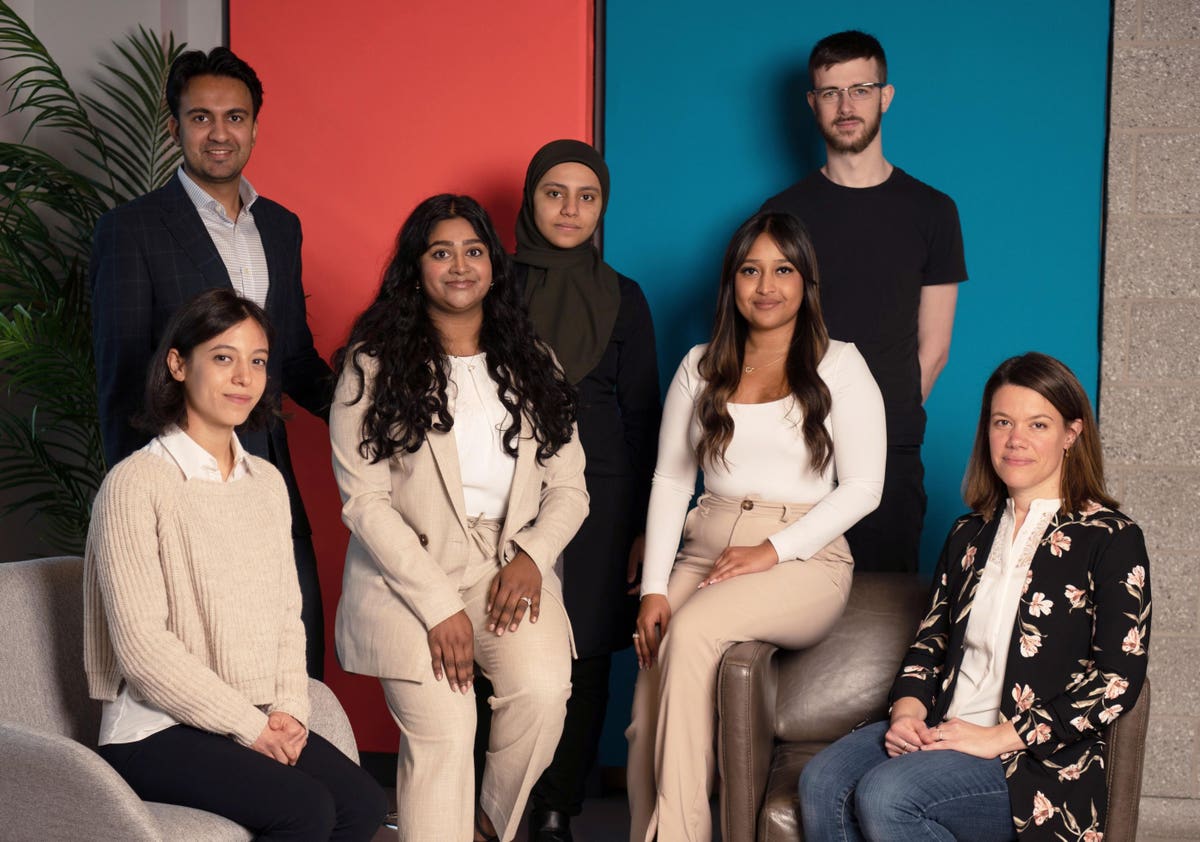Developing cutting-edge technology—such as cleantech and deep tech—can be long and complex, requiring a lot of testing and validation, not just of the product but also of the market. How the technology will perform and how it will be used are uncertain.
As a teenager, Nivatha Balendra focused on developing a natural, environment-friendly way to remediate oil spills. Ten years later, biosurfactants derived from food waste technology are ready for commercialization as an affordable, effective, green ingredient in industrial and consumer cleaning products.
To retain full ownership and control over the intellectual property and direction of the business, she took nondilutive government funding to conduct the research and development of the product. As Dispersa readies for full-scale commercialization, the company still takes patient capital, but now it combines that with grants and venture capital. The company has raised a total of $5 million.
The Long Road To Finding Product Fit For Biosurfactants
Finding product-market fit is a critical success factor for early-stage companies. For Balendra, it wasn’t where she was first focused.
At 17, Balendra was inspired by a 2013 deadly oil spill in Lac-Mégantic, Quebec, to see if there was an environmentally friendly way to clean up the oil spill. The spill caused significant environmental damage. “We really need a natural way of remediating oil spills and contamination, leading me to learn more about microbes and how they’re used to treat contaminated sites naturally,” she said.
Balendra learned about microbial biosurfactants, a promising technology that is biodegradable, non-toxic, effective, and sustainable. These substances can be used for various purposes, such as cleaning and degreasing surfaces, breaking down oil spills, treating wastewater, improving the performance of fertilizers and pesticides, and providing personal care products.
Balendra did summer internships and used her undergraduate degree to further her understanding of biosurfactants. She was diagnosed with cancer during her second year at McGill University. Fortunately, she is going into her seventh year of remission.
“That time opened my eyes to the necessity of having non-toxic and safe ingredients in the products we consume every day,” she said.” It’s not only for people facing chronic illnesses like I was then, but also for leading healthier lives.”
Balendra applied to the Canada’s Women in Cleantech Challenge. In 2018, she was selected to participate in an intensive 30-month business accelerator program and received funding. The program included access to labs and mentorship. “I was in my second year as an undergrad, and it was great to have this level of support through setting up and establishing a cleantech business,” she said.
Balendra received nearly $2 million in grants over two and half years from Canadian provincial and federal governments to prove the concept and identify product market fit. It wasn’t cleaning up the contaminants from an oil spill. Dispersa was officially launched in 2019. Balendra hired her first employee and rented lab space.
Dispersa developed a process that transforms food waste into natural soapy ingredients called biosurfactants and is commercializing its use as an affordable, nontoxic ingredient for cleaning products.
After speaking with dozens of potential customers, Balendra discovered much greater interest and potential from companies producing cleaning products than oil spill remediation. With Covid-19 raging and a growing number of businesses and individuals wanting to reduce the environmental impact of cleaning products, Dispersa started formulating its first ingredient.
Scaling For Commercial Rollout
The first product—PuraSurf—can reduce consumer dependence on conventional surfactants derived from fossil fuels or palm oil, which are found in the formulation of most products that consumers use daily. Dispersa focused on formulating biosurfactants as an ingredient for cleaning and personal care products.
However, funding was needed to scale the microbial fermentation to produce biosurfactants. Even with a pipeline of at least $3 million worth of purchase orders, raising funding took a lot of work.
Due to market uncertainty, many investors were looking for investment opportunities with shorter time horizons to liquidity events, such as an IPO or an acquisition, than what Dispersa was likely to have. Balendra needed impact-driven investors with patient capital who understood cleantech and deep tech. Once she adjusted her sights, capital flowed.
This past April, Dispersa announced it had raised a pre-seed round of financing of $3 million ($1.5 million in grants and $1.5 million in venture capital) to fund its growth and scale-up of waste-derived biosurfactants that are palm/petroleum-free, non-toxic, and biodegradable.
Led by Invest Nova Scotia, the financing round includes the participation of the Fonds Économie Circulaire (Circular Economy Fund), Fondaction, Dragonfly Ventures, Good & Well, and BoxOne Ventures. As a founding partner of the FEC, RECYC-Quebec is contributing to the funding of the clean technology company along with Natural Products Canada (NPC), Next Generation Manufacturing Canada (NGEN), IRAP, GreenShoots, Coralus, and Atlantic Canada Opportunities Agency (ACOA).
How have you changed your product to attract funding?
Read the full article here





